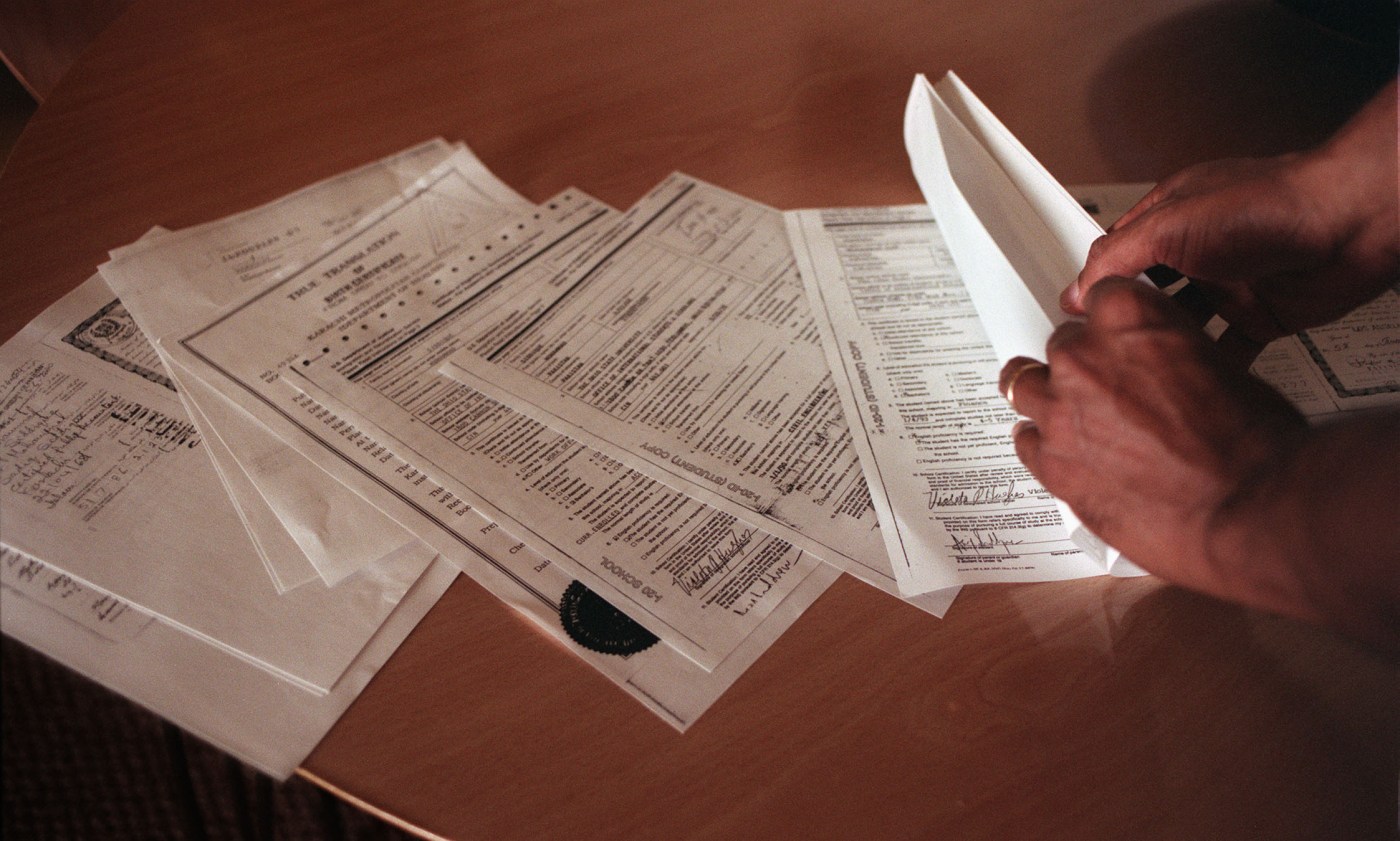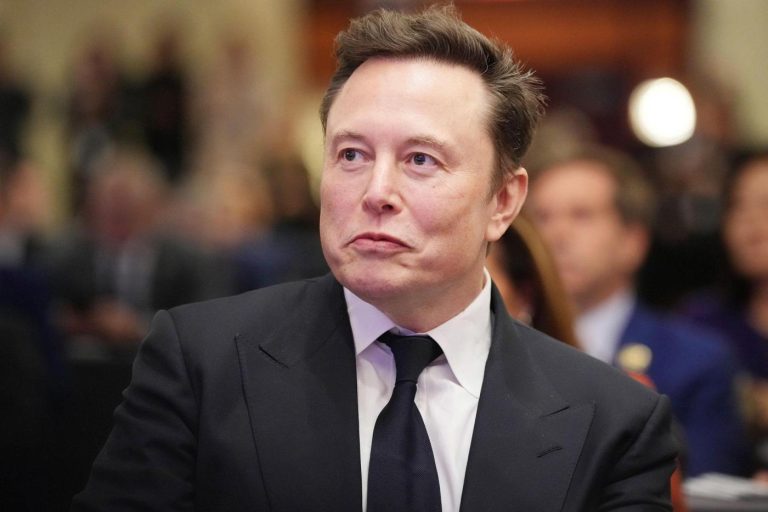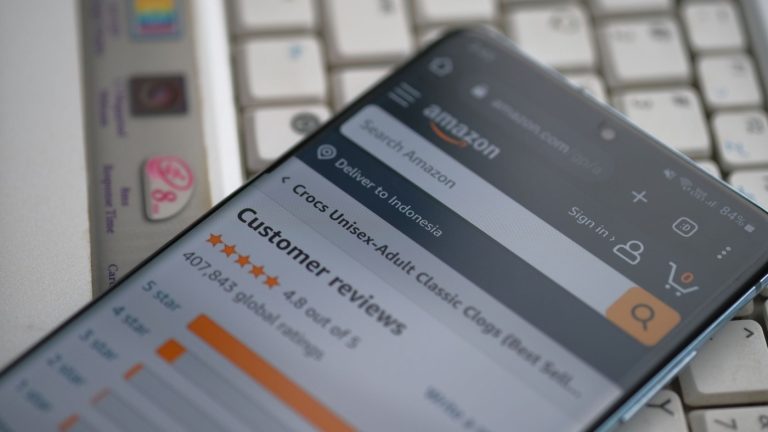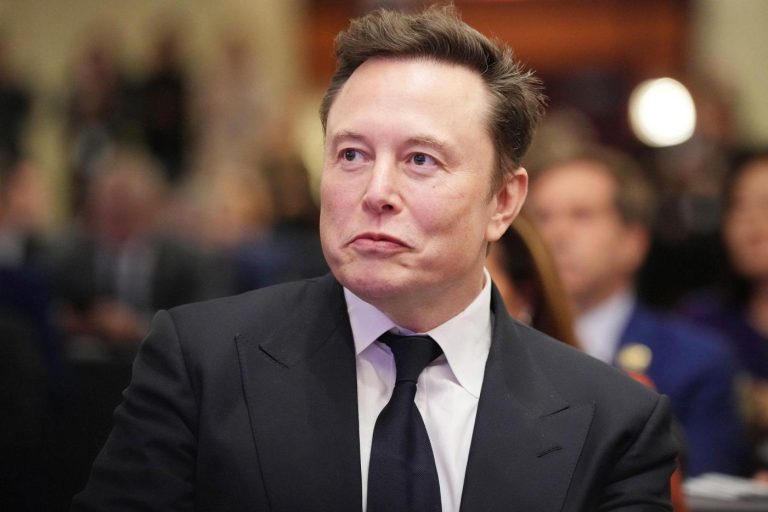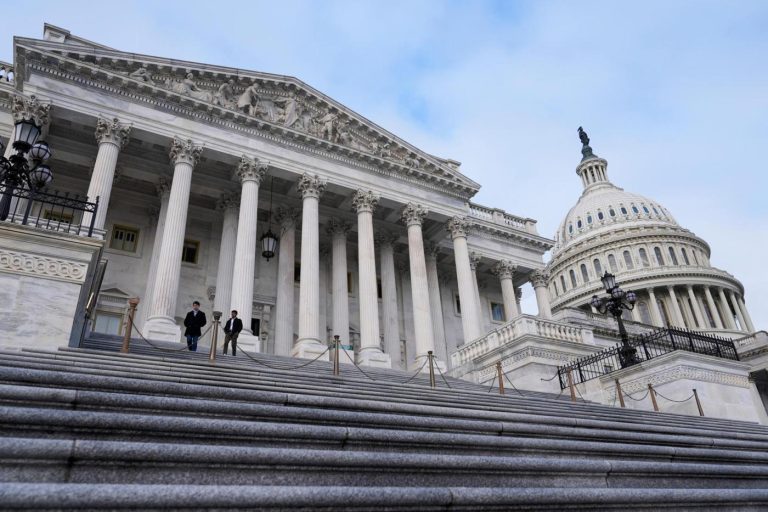Federal authorities aim to dramatically boost fees for thousands of H-1B visa renewal applications by expanding a $4,000 charge to cover all renewal applications by companies with large numbers of employees on the visa.
The H-1B, an employment permit intended for foreign workers with specialized skills, is heavily used by Silicon Valley’s technology companies, but questionable use of the visa has mired it in controversy.
Under the proposal issued Thursday by the U.S. Department of Homeland Security, renewals involving a change in job title or a significant switch in duties would also be newly subject to the fee.
The change would affect companies employing at least 50 workers, with more than half of them on the H-1B or on the related but less widely used L-1 visa for executives and managers.
Currently, the fee for such businesses has applied to new H-1B applications and H-1B renewal applications involving a change of employer.
Homeland Security said in its notice of the proposed new fee rule, published in the Federal Register, that the change would raise about $157 million a year.
The $4,000 charge, called the “biometric fee,” has been imposed since 2015 to fund an automated system that uses facial imagery to track non-Americans entering and leaving the U.S. In its fee proposal, Homeland Security claimed that without the increase, it would not be able to “maintain its current biometric entry operations or continue implementing other essential entry and exit programs.”
The agency estimated that the new fee would hit about 22,000 renewal applications per year. Relatively small employers across “a wide range” of industries could be affected, including software publishing, data processing, computer-systems design, and engineering, Homeland Security said.
Companies apply for the H-1B by submitting preliminary applications, which go into a lottery that awards an annual maximum of 85,000 new visas. In the Bay Area, the most recent tally showed nearly 60,000 foreign citizens on the H-1B were approved to work for companies in the region in 2019, according to the Bay Area Council.
Companies use the H-1B both to acquire top foreign talent and to employ lower-cost IT workers. Critics point to abuses including replacement of U.S. workers by visa holders, while the tech industry lobbies to boost the annual 85,000 cap.
Earlier this year, U.S. Citizenship and Immigration hiked fees for the preliminary H-1B applications known as “registrations” to $250 from $10, starting next year. The agency also boosted the fee for applications selected in the lottery to $780 from $460, starting this year.
